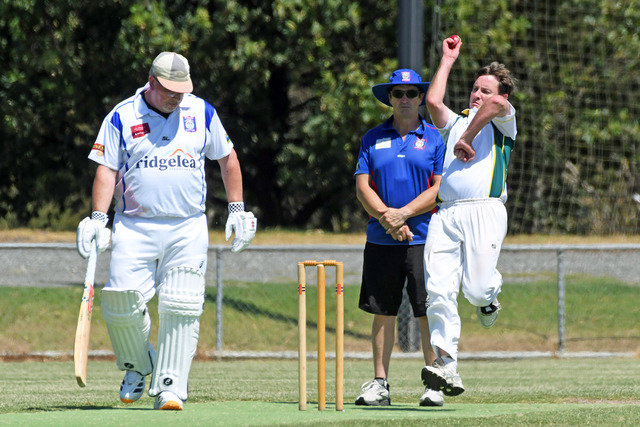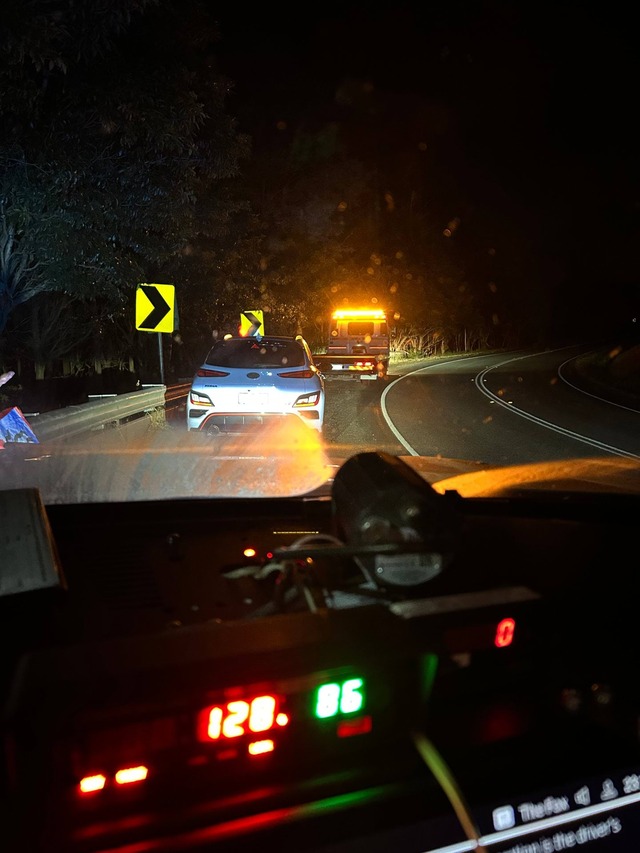Cranbourne has once again been named among Victoria’s scam hotspots, with new data showing the suburb is one of the state’s top five postcodes for reported scam cases over the past year.
The report by Westpac highlights postcodes across the country where scammers are most active, with Sydney’s CBD topping the national list.
In Victoria, Melbourne CBD, Tarneit, Werribee, Craigieburn, and Cranbourne feature prominently.
Looking specifically at Cranbourne, the most commonly reported scams are buying and selling scams, investment scams, and impersonation scams.
According to Westpac, in many cases, they have been able to recover funds for affected customers, though where losses have occurred, the amounts vary from lower values (e.g. $50) in instances of buying and selling scams to higher values (e.g. hundreds or thousands) for investment scams.
Last year, Cranbourne also made the top list in Victoria.
Westpac head of Fraud Prevention Ben Young said this was the second time the bank had lifted the lid on the country’s scam hotspots, and it was clear scammers continue to cast a wide net.
“From fake investment opportunities to irresistible online deals, scams are reaching Australians in every corner of the country. Scammers are constantly adapting and using emotional triggers and digital platforms to exploit Australians,” he said.
“While fast-growing areas have traditionally been hotspots, this year’s data shows a noticeable rise in scam activity across inner-city postcodes, especially in Sydney and Melbourne.
“The spike in reports from Sydney and Melbourne CBDs is partly driven by a rise in invoice or business email compromise scams targeting businesses. We know scammers are opportunistic, and going after businesses may seem like an easy money-making opportunity.”
While losses to scams continued to decline in the past 12 months, the data shows the scam types driving the largest losses are investment scams, followed by business email compromise, impersonation, romance and threat & penalty scams.
“It’s encouraging to see overall scam losses continue to come down, but we know the impact on individuals and businesses can be devastating,” Mr Young said.
Tips to help protect yourself from scammers:
Never give out your personal or financial information to anyone you don’t know or trust.
Don’t click on links or open attachments in unsolicited emails, text messages, or social media messages.
Do your research before buying anything online and check the seller’s reputation and reviews.
Always phone a company on a trusted number to check the payment details are correct before paying an invoice.
Be wary of offers that sound too good to be true.
Don’t send money or gift cards to someone you’ve never met in person, no matter how convincing their story is.
Phone a family member or friend if you’re unsure about anything.

















